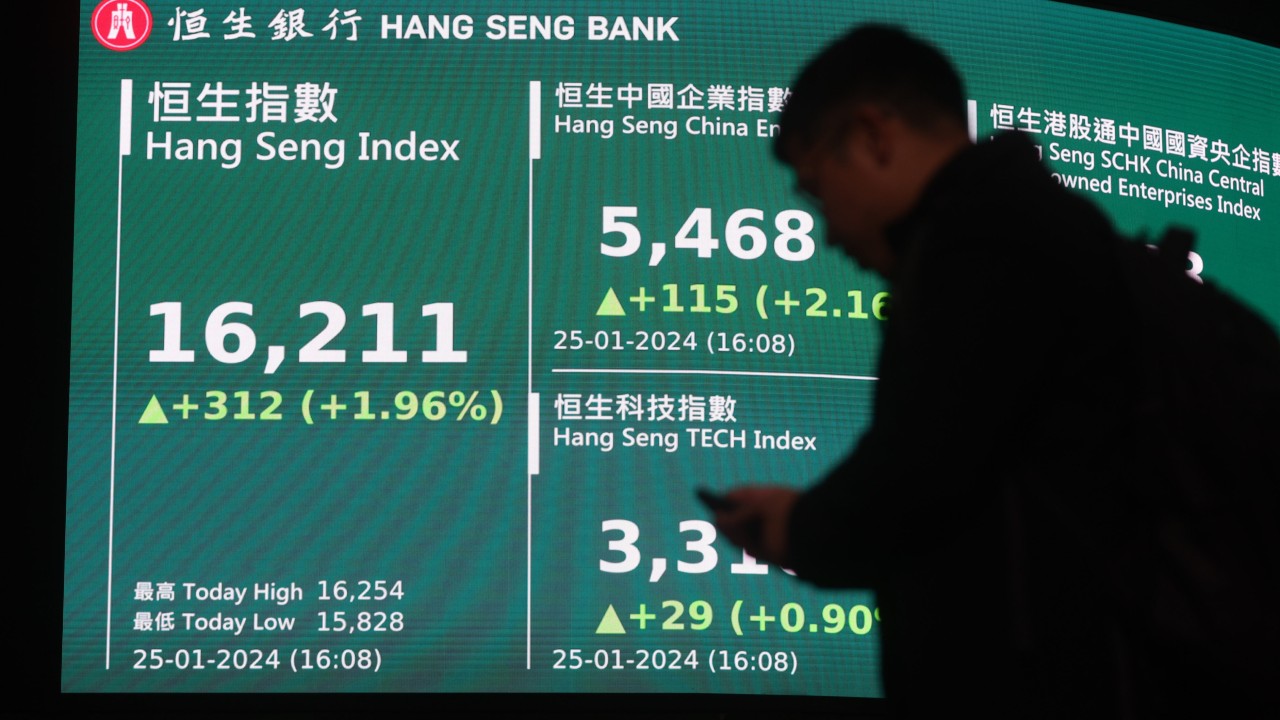
The Hang Seng Index fell about 14 per cent in 2023, capping an unprecedented four-year losing streak, while the gauge has lost nearly 3 per cent so far this year.
Chinese authorities have had to intervene in the market, via verbal support and state fund buying, to shore up financial markets at home after a rout that has erased more than US$1 trillion of value in Hong Kong, Shanghai and Shenzhen over the past three years.
Meanwhile, the Hang Seng Stock Connect China Enterprises Index, which tracks the overall performance of Chinese companies listed in Hong Kong and mainland China that are eligible for the Stock Connect scheme, saw the addition of telecommunications company China Unicom and home-appliance maker Midea Group.
Rate cuts, China recovery to boost Hong Kong stocks in dragon year: Paul Chan
Rate cuts, China recovery to boost Hong Kong stocks in dragon year: Paul Chan
Shares of China Unicom rose 1.1 per cent to HK$5.37 on Friday before the quarterly review was announced, and have gained 13 per cent year to date. Midea last traded at 60.29 yuan, with its shares up 10 per cent year to date. The mainland’s markets are closed for the Lunar New Year holiday.
Car dealer Zhongsheng Group Holdings and new energy company Tongwei were removed. The index constituents remained at 80. All changes will be effective from March 4.
The Hang Seng Index, which was launched in 1969, had a market capitalisation of HK$28.1 trillion (US$3.6 trillion) at the end of January, according to exchange data.

